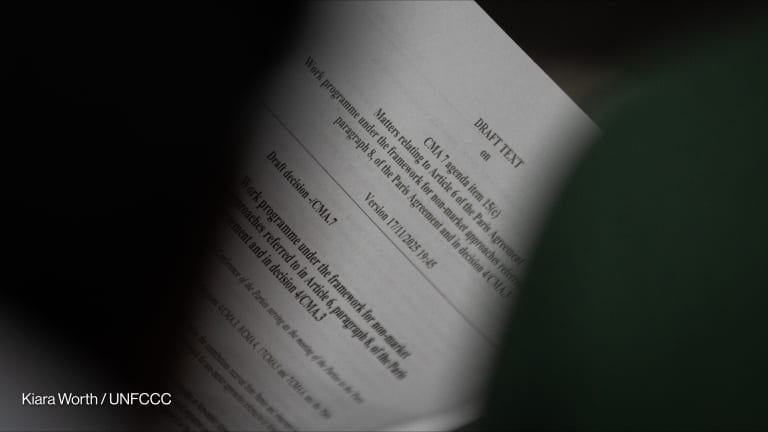
Less bureaucracy in the international response to natural disasters can help ensure more effective and efficient delivery of international relief.
That’s why, according to some experts, it is crucial for countries to pass domestic laws based on guidelines developed by the International International Disaster Response Laws, Rules and Principles program of the International Federation of the Red Cross and Red Crescent Societies.
“The guidelines aim to provide guidance to governments on how to reduce red tape and strengthen accountability,” Oliver Lacey-Hall, head of the UN Office for the Coordination of Humanitarian Affairs in Asia, told IRIN News.
These guidelines offer recommendations on how to address some of the most common bottlenecks hampering international disaster response: customs and taxes, visas for aid workers, and overall aid coordination.
According to Lacey-Hall, only nine countries — Finland, Indonesia, the Netherlands, New Zealand, Norway, Panama, Peru, the Philippines and the United States — have existing legislation based on these guidelines. He urged other countries to follow suit.
ICRC’s Elyse Mosquini, meanwhile, stressed the need for urgent action: “One only has to look at the increasing number and scale of natural disasters over the past several years to recognize the urgency of action in this area.”
Read more development aid news online, and subscribe to The Development Newswire to receive top international development headlines from the world’s leading donors, news sources and opinion leaders — emailed to you FREE every business day.








